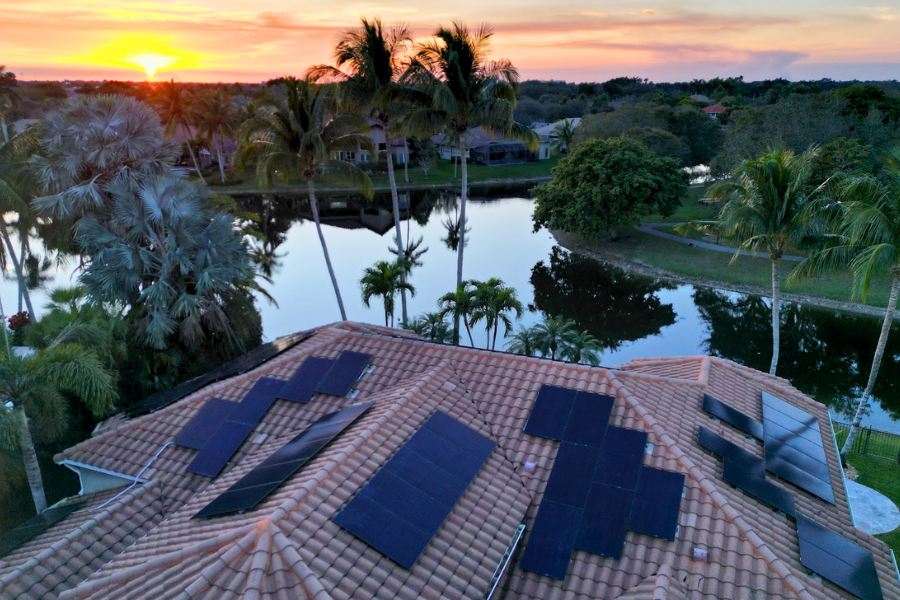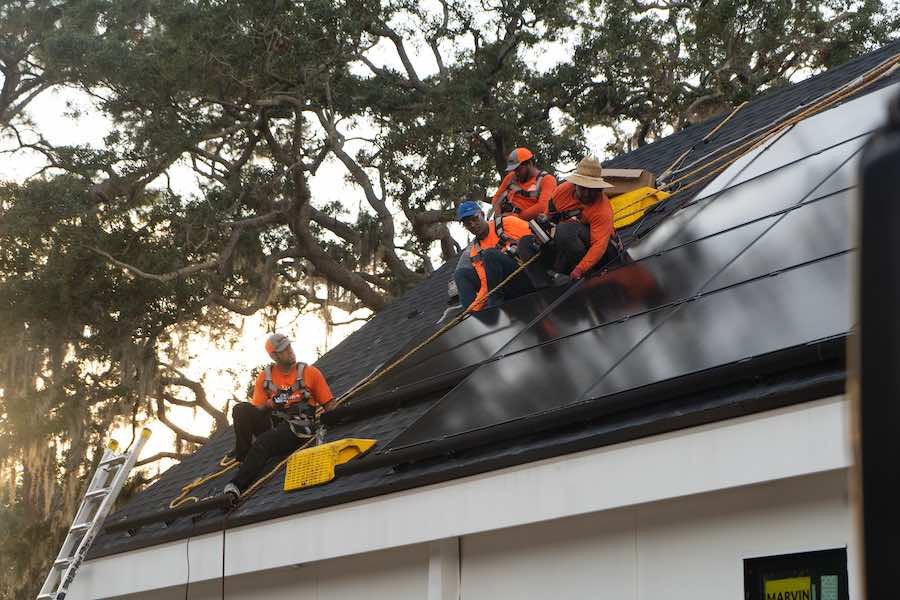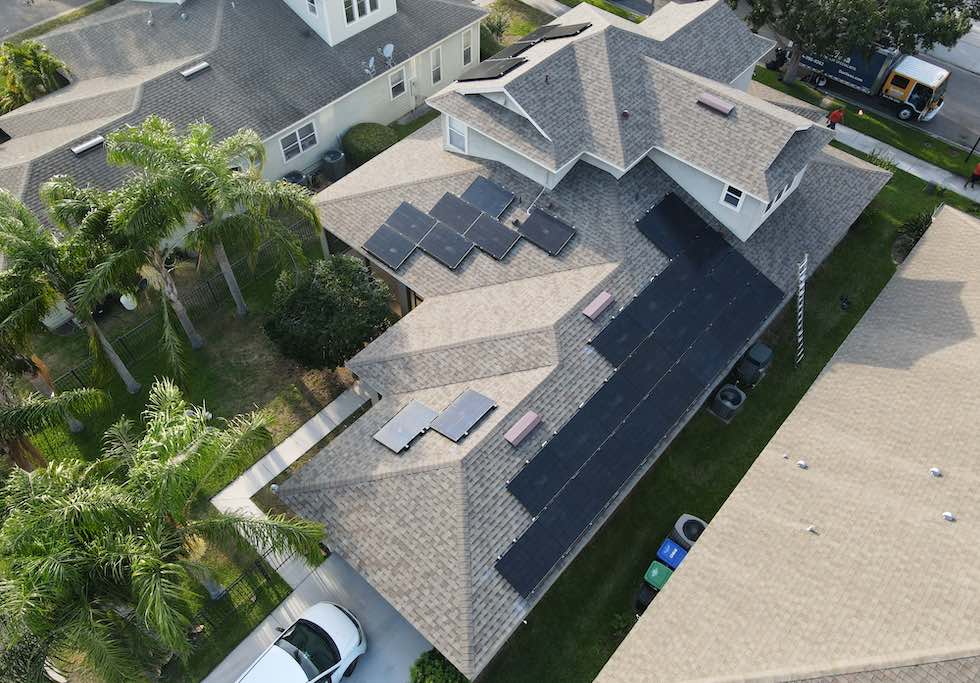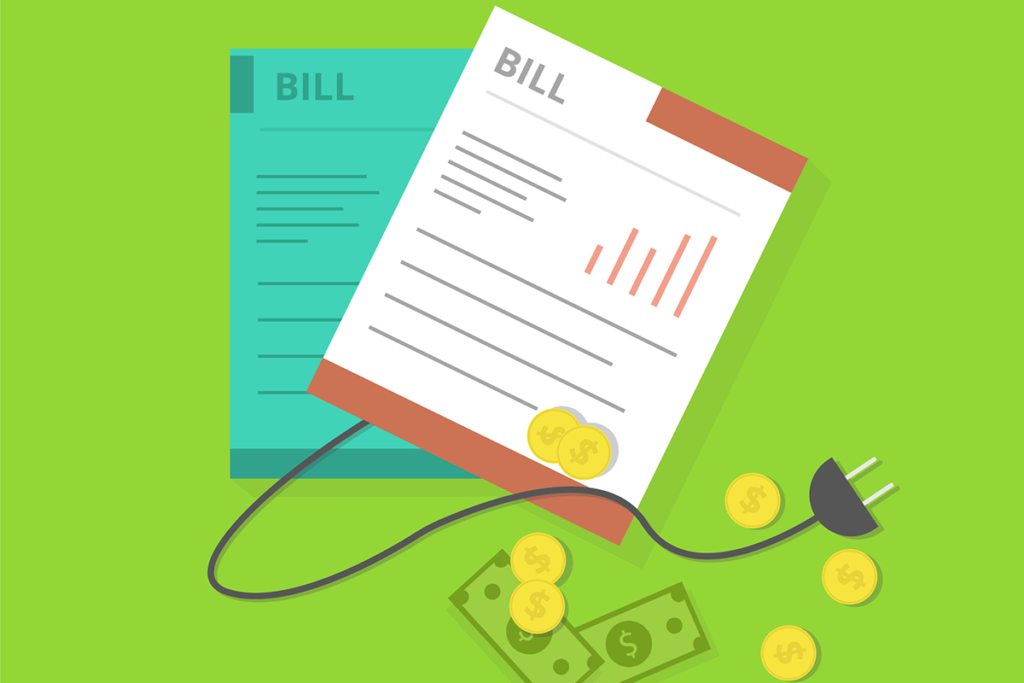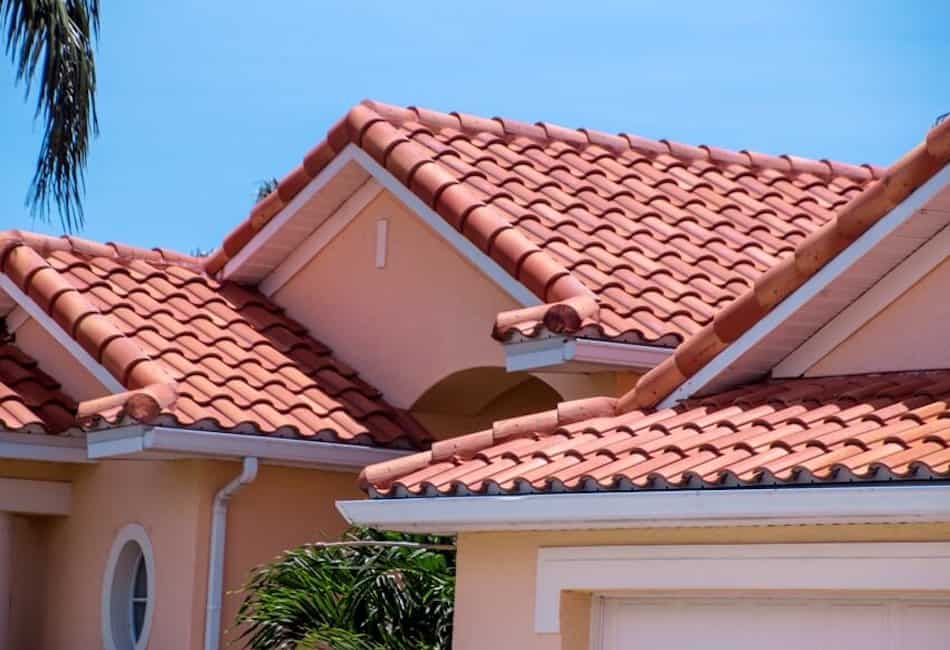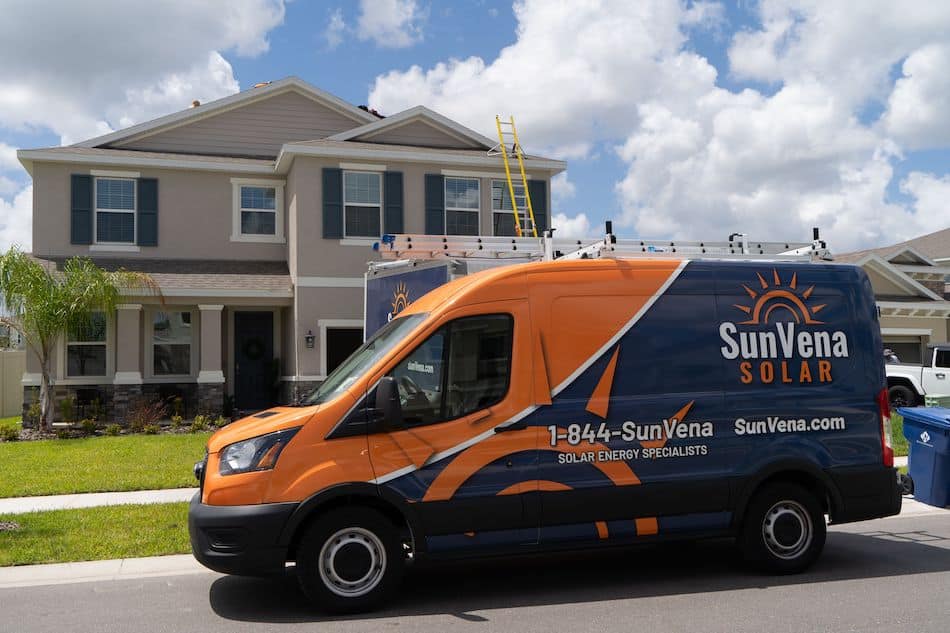
More and more people are turning to solar power to meet their energy needs while contributing to a cleaner and more sustainable future. While investing in solar for your home carries a high cost, the potential benefits are significant. Fitting your home with solar panels could cut your energy costs drastically (or even completely) while dramatically increasing the property’s value. If you’re curious about outfitting your home with solar, assessing its solar potential is the first step.
This article will walk you through the most important factors determining your home’s solar potential. By assessing these factors, you can determine whether solar panels are viable for your home and how much energy they can produce. This information can help you make an informed decision and avoid potential issues down the line.
The 4 Biggest Factors To Determine If Your Home Is Suitable for Solar Panels
1. Location: The More Sun, the More Solar Energy
Location is the top factor when determining your home’s solar potential. Solar panels require direct sunlight to generate electricity, so the more solar radiation a location gets, the higher its solar potential. Regions of the United States that get the most sun–the Southwest, the Southeast, Florida, and California–are the best locations to invest in solar.
However, even if your home is not located in a region with high levels of solar radiation, it can still be a good candidate for solar panels. Solar panels can still generate electricity in areas with lower levels of solar radiation, but the amount of energy produced will be less than in regions with higher levels of solar radiation. In these cases, it’s important to ensure that other factors, such as roof orientation and shading, are optimized to maximize solar potential.
2. Roof Orientation: Your Roof’s Facing Direction Determines the Amount of Sunlight That Can Be Captured by Solar Panels
Roof orientation is another critical factor that affects solar potential. In the northern hemisphere, solar panels work best when they are installed on south-facing roofs. This orientation maximizes exposure to direct sunlight and ensures solar panels generate the most energy possible. South-facing roofs receive the most sunlight throughout the day.
If your roof faces another direction, solar panels can still be installed, but it’s important to note that the amount of energy generated may be lower than if they were installed on a south-facing roof. East-facing roofs receive sunlight in the morning, while west-facing roofs receive sunlight in the afternoon. North-facing roofs receive the least amount of direct sunlight and are the least suitable for solar panels. In these cases, solar installers may need to use additional mounting hardware or adjust the angle of the solar panels to optimize their orientation and maximize solar potential.
3. Shading: Understanding the Negative Effects of Shading on Solar Panel Efficiency
Solar panels require direct sunlight to produce energy, so any shading can reduce their efficiency and lower the power they generate. Trees, nearby buildings, and even chimneys or roof vents can cause shading. Even minor shading can significantly impact a solar panel’s performance.
When considering shading from trees, it is crucial to think about the amount of shading produced in different seasons. Shading in spring and summer can be much greater than in the winter months. If the roof of your home is shaded from trees or nearby buildings during the most intense periods of sunlight of the day, the amount of potential energy produced will be less.
4. Roof Pitch: Some Roof Pitches Are More Efficient at Capturing Sun
Roof pitch is the angle of the roof and is another important factor to consider when assessing a home’s solar potential. The general rule is this: the steeper the roof, the more direct exposure to sunlight and the more favorable for solar panels. Additionally, steeply pitched roofs are less likely to be shaded by nearby trees or structures, further maximizing solar potential.
If you have a home with a shallowly pitched roof, that doesn’t mean you should discount solar altogether. With the right mounting hardware, your roof could still be a good candidate, especially if the other factors are in your favor. If you have a shallowly pitched roof, solar installers may need to use additional mounting hardware, such as racks or brackets, to adjust the angle of the solar panels and ensure that they are optimally positioned to capture the most sunlight possible. In this manner, your home could still generate significant amounts of energy from the sun.
What Is a Solar Rating?
Think of solar rating like the miles per gallon (MPG) rating of a car. The higher the MPG, the more efficient the car. The higher the solar rating, the more efficient the solar panel. The solar rating measures how well a solar panel can turn sunlight into usable electricity. It’s expressed as a percentage. If a panel has a solar rating of 20 percent, that means it can convert 20 percent of the sunlight that hits it into usable electricity. A higher solar rating indicates a more efficient solar panel, saving you more money on your energy bills and further reducing your carbon footprint.
How to Determine Your Home’s Solar Rating
Solar rating systems are designed to provide homeowners and solar installers with an objective way to evaluate a home’s solar potential. These rating systems take into account all of the factors mentioned above, including the location, orientation, pitch of the roof, and potential sources of shading. By evaluating these factors and assigning a numerical rating, solar rating systems provide a clear picture of a home’s solar potential and help homeowners make informed decisions about whether to invest in solar panels.
The National Renewable Energy Laboratory has a calculator tool to help you determine your home’s solar rating. You can use the PVWatts Calculator by inputting your address and other key information about your home (ie, size of your home and orientation of the roof) and generate an estimate of your home’s solar potential. The calculator considers a range of factors, including the local climate and the amount of sunlight the roof receives throughout the year. This calculator, especially when combined with an assessment by a solar specialist, can help you accurately determine if solar panels are a good fit for your home.
Solar with SunVena, Florida’s Top-Rated Solar Company
Assessing your home’s solar potential is an important decision that requires careful consideration and evaluation of your home. It’s important to contact a reputable and experienced solar panel provider to evaluate your home and discuss the viability and cost-effectiveness of solar energy. If you’re interested in exploring solar energy for your Florida home, SunVena is the top-rated solar panel company in the state. We can help you assess your solar potential and design a custom solar energy system tailored to your needs. With a commitment to quality products and exceptional customer service, SunVena can help you transition to solar energy with confidence and ease.
